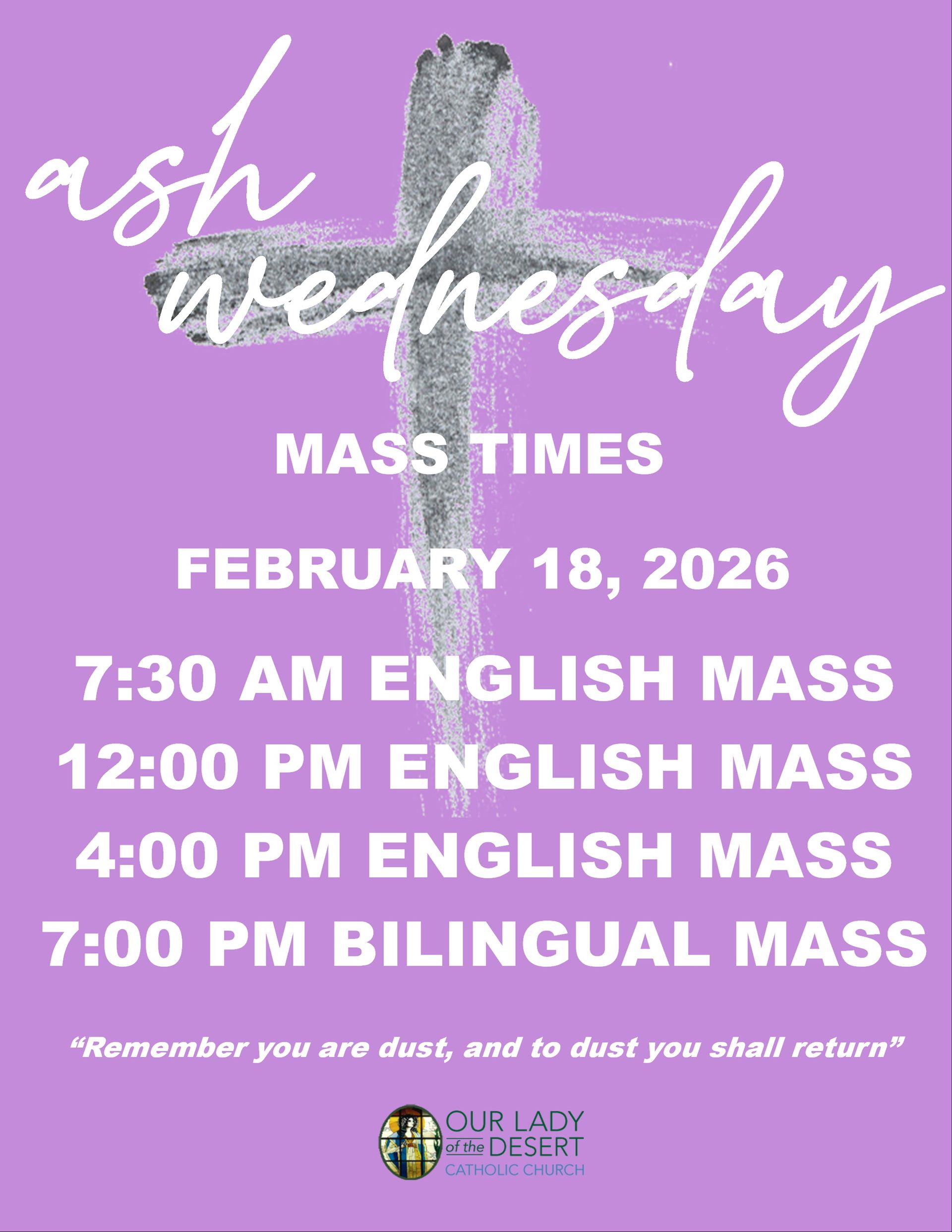New parable: Small kindness makes huge difference
There was a woman with a watermelon. As she stood at her counter, slicing the melon, she saw the outdoor thermometer. The mercury had reached 90 degrees, and it wasn’t yet 9 a.m.
Watermelon was the woman’s favorite food, yet that day the fruit of summer saddened her. Her old dog had loved watermelon, too; and the woman missed her furry friend, recently deceased. The woman also had shared watermelon with an elderly man who had lived across the street, but he had been moved to a nursing home near his daughter, far away.
The act of carving the melon stirred the woman’s memory and made her melancholy. “I have too much of a good thing,” she said to herself. The fruit that had all her life symbolized the carefree joys of summer now seemed bittersweet. “What will I do with all this sticky, drippy, pink melon?”
Then, she heard the usual Friday morning roar as the lawn crew arrived with their mowers, blowers and weed whippers. Deeply tanned, covered in dust, grass clippings stuck to their sweaty skin, they worked quickly. The woman’s property was not an easy job, given her corner lot and steep banks. It occurred to the woman how delicious and welcome a slice of cold watermelon might be to these young men on a morning already so hot and getting hotter. She hesitated. Would they consider it some sort of bribe? Was it improper? Would they, like some children these days, grow suspect, having been taught not to accept gifts — especially food — from strangers? She censored her altruistic instinct. Fearing rejection or misunderstanding, she tossed watermelon rinds in the compost container and put the sliced melon into the refrigerator.
At her window, she watched the guys finish the mowing. One wiped sweat from his brow with his T-shirt; the other paused a moment in the shade of a maple. Maybe they don’t even like watermelon, she considered. Maybe they’re allergic. And the nonsense of her line of thinking struck her as she said aloud, “Who doesn’t like a cold slice of watermelon on a hot summer’s day?”
She grabbed two thick slices of melon and two paper towels. Based on their response, the pink fruit might have been gold.
This article comes to you from Grace In Action ( Our Sunday Visitor ) courtesy of your parish or diocese.







